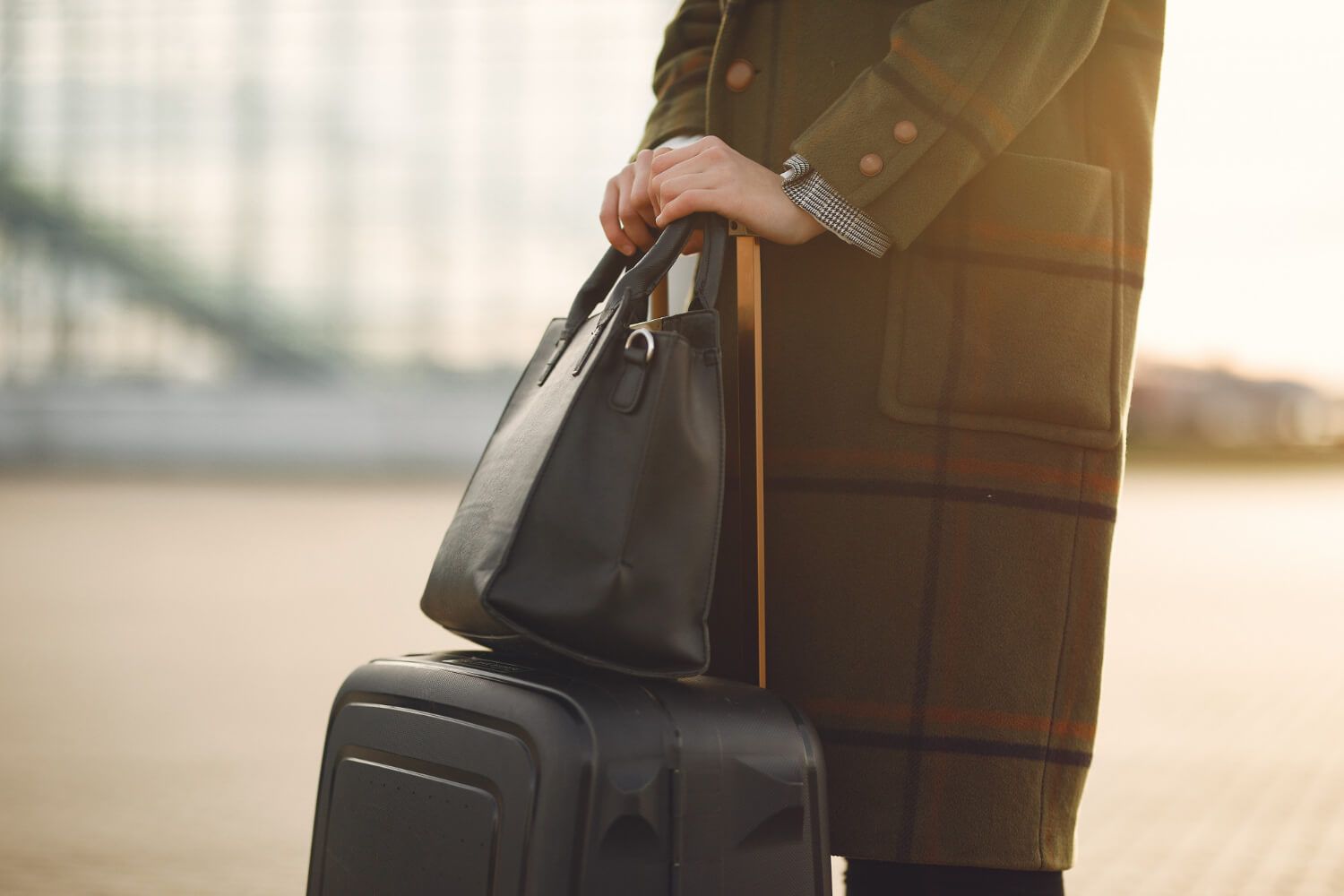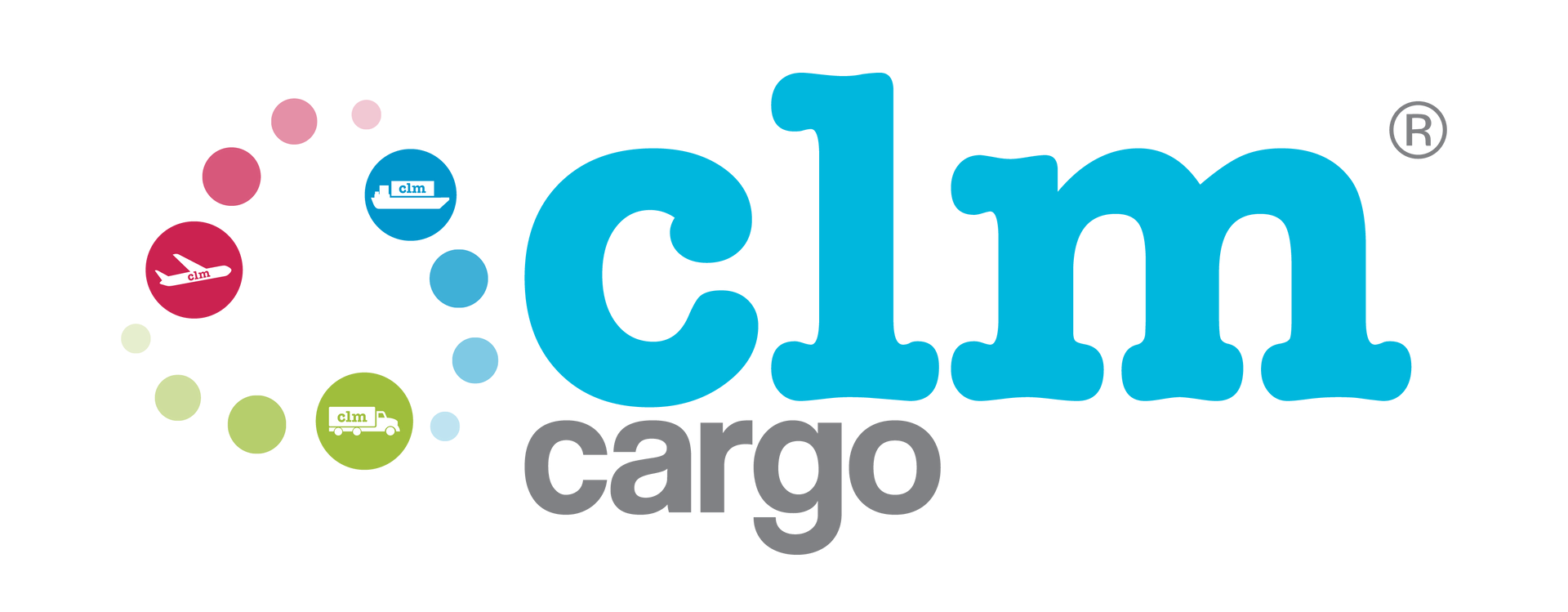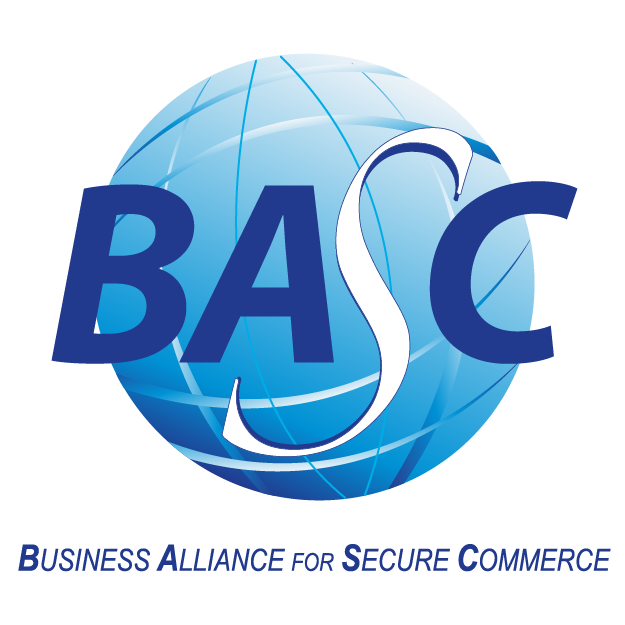Unaccompanied Baggage Import into Colombia

Importing unaccompanied baggage into Colombia is a key component of international relocation, expatriation, and return migration programs. It enables individuals—often executives, diplomats, or corporate employees—to ship personal belongings separately from their commercial or passenger flight, under specific customs provisions.
Although this process is designed to facilitate smooth transitions for travelers and their families, it requires strict adherence to Colombian customs laws, timelines, and documentation standards to avoid penalties, storage fees, or confiscation of goods.
This guide presents an executive overview of legal, logistical, and strategic considerations for importing unaccompanied baggage into Colombia.
Legal Framework and Governing Authorities
Definition
Unaccompanied baggage (equipaje no acompañado) refers to personal effects shipped independently of the passenger, typically through a freight carrier or cargo consolidator. Colombian law classifies these imports under
special customs regimes, provided they meet eligibility criteria.
Governing Bodies
- DIAN (Dirección de Impuestos y Aduanas Nacionales): Colombia’s primary tax and customs authority. Oversees import declarations, exemptions, and controls.
- Ministry of Foreign Affairs (for diplomats and returning nationals): Validates eligibility for duty exemptions under Law 1565 of 2012 and related decrees.
Eligible Items and Customs Allowances
Permitted Items:
- Personal clothing, shoes, books, and household goods
- Used furniture and small appliances
- Personal electronics (phones, laptops, cameras)
- Medical devices or instruments for personal use
Non-permitted or restricted items:
- New goods in commercial quantities
- Firearms or ammunition (require Ministry of Defense authorization)
- Food products, seeds, plants, or perishables (require ICA certification)
- Alcohol and tobacco (limited and taxable)
- Medications without prescription or INVIMA approval
Special Considerations:
- Items must be used and for personal use, not resale.
- Shipments should arrive within 30 days before or up to 120 days after the passenger’s arrival in Colombia.
Documentation Requirements
To benefit from simplified or duty-free import status, the following documents are required:
- Copy of passport and entry stamp into Colombia
- Bill of lading or airway bill (BL/AWB)
- Packing list in Spanish with detailed description and values
- Declaración de Viajeros (Traveler's Customs Declaration)
- Certification of residence abroad for Colombians returning after living abroad for at least 2 years
- Power of attorney (if a customs broker is used)
All documentation must be consistent and complete before submitting to DIAN to avoid clearance delays.
Import Process and Timeframes
Arrival Window
To qualify as unaccompanied baggage, the shipment must arrive within a strict window relative to the traveler’s date of arrival:
- Minimum: 30 days before traveler’s entry
- Maximum: 120 days after entry
Customs Review and Inspection
DIAN will typically inspect the shipment to confirm:
- Consistency with the declared inventory
- Absence of prohibited items
- Compliance with value thresholds and quantity limits
Tax Exemptions
Colombian nationals who meet returnee conditions (Law 1565) may qualify for exemption from import taxes for household goods up to a defined value ceiling. Diplomats and certain international professionals may also qualify for exemptions under bilateral agreements.
Logistics and Shipping Options
Air Freight:
- Transit time: 3–5 business days
- Best for small or urgent shipments
- Higher cost per kg, subject to TSA and Colombian air cargo regulations
Sea Freight (FCL/LCL):
- Transit time: 2–6 weeks, depending on port of origin
- More economical for full home relocations
- Requires advance customs clearance coordination at port of Cartagena, Barranquilla, or Buenaventura
Freight Costs to Consider:
- Freight and terminal handling charges
- Customs brokerage fees
- Port storage (applies if clearance takes too long)
- Inland delivery and unloading

Risk Management and Compliance
Common Issues to Avoid:
- Omitting used status of items (can trigger full taxation)
- Missing documentation or improper inventory format
- Shipping outside the 30–120 day window
- Including prohibited items (e.g., drones, live plants, cosmetics)
Risk Mitigation Strategies:
- Work with an experienced Colombian customs broker
- Prepare and translate all documentation before shipment
- Clearly label all boxes and match the physical content with the packing list
- Secure all-risk insurance for international transit
Strategic Recommendations for Corporate Programs
- Integrate logistics planning with HR relocation services to ensure compliance and traveler readiness.
- Vet international carriers and consolidators that operate regularly in Colombian ports and understand local customs procedures.
- Digitize and centralize documentation management to streamline customs declaration and avoid paperwork delays.
- Educate employees or expatriates on what can and cannot be imported to avoid delays or seizure of goods.
Final Insights
Unaccompanied baggage import into Colombia is a legally supported, logistically viable method for transferring personal belongings. However, it must be managed with the same diligence and strategic planning as a formal international move.
For corporations supporting international assignees or repatriating executives, understanding this process ensures compliance, minimizes delays, and protects the integrity of global mobility programs.






